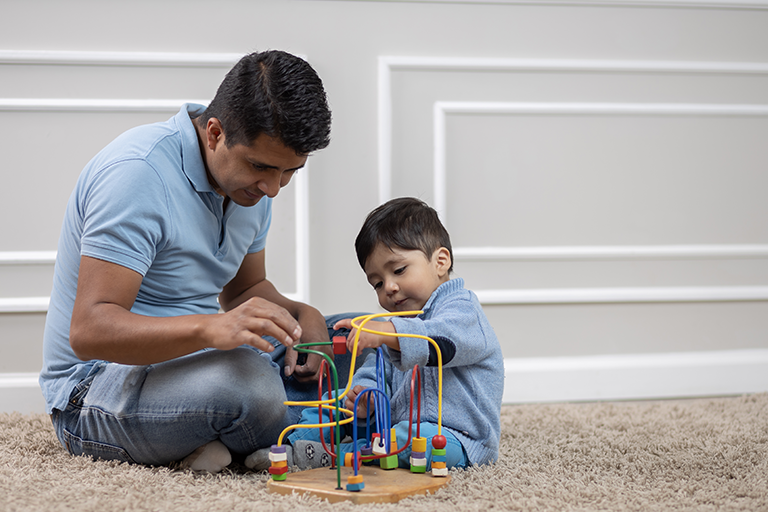- Emergency Ambulance Services
- 8606811111
- 0471-4077777, 0471-7177888
- gro@sutpattom.com
The Impact of Positive Parenting on Child Development
Reshmi Mohan A, Child Development Therapist, SUT Hospital, Pattom
Real parenting aims to keep children grounded and authentic. It involves approaches that are realistic, empowering, accessible, and loving. Parenting encompasses the activities of parents to provide care, support, and love, fostering a child’s complete development. It is both a biological and social process, involving more than just the mother. Parenting is about raising children, offering them protection and cares to ensure their healthy growth into adulthood.
Types of Parenting
- Traditional Parenting
Traditional parenting relies on rigid rules, hierarchy, and submission. While it may provide structure and discipline, it can sometimes overlook a child’s individuality and emotional growth. Traditional parenting enforces discipline through strict rules and clear consequences.
- Gentle Parenting
Gentle parenting focuses on raising confident, independent, and happy children through empathy, respect, understanding, and healthy boundaries. It emphasizes age-appropriate development. The four core principles of gentle parenting are empathy, respect, understanding, and compassion, often summarized as the 3 Cs: Connection, Communication, and Consistency.
Example: If your child shares a toy with a friend or helps a sibling with a task, praise their kindness and generosity. This positive reinforcement can boost their confidence and encourage more positive behaviour.
5 Positive Tips
- Encourage positive behaviours
- Be responsive to your child’s needs
- Set boundaries
- Interact and engage meaningfully
- Lead by example
Benefits of Gentle Parenting
- Fosters a stronger bond between parents and children
- Promotes more empathetic relationships
- Reduces conflicts
- Enhances the parent-child connection
In my opinion, positive parenting helps children perform better in school, have fewer behavioural issues, and maintain stronger mental health. This approach can be especially effective for teenagers, helping reduce their stress and encouraging open communication with their parents.









